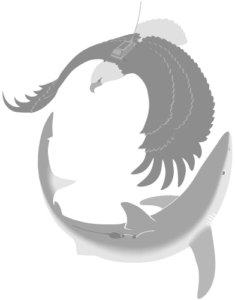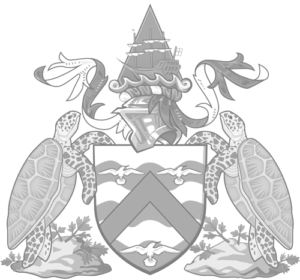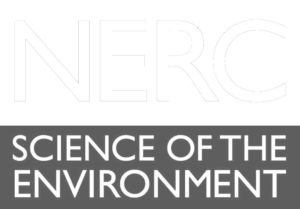People
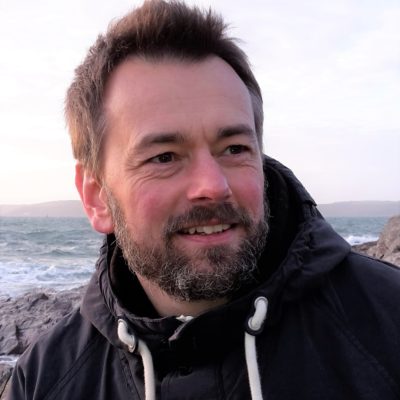
Prof. David Sims
Marine ecologist and Director of the Global Shark Movement Project and chair of its Steering Committee.
David is a Senior Research Fellow at the Marine Biological Association Laboratory in Plymouth, UK, and Professor of Marine Ecology at the University of Southampton in the National Oceanography Centre Southampton, UK.
His research focuses on the behavioural ecology of pelagic shark movements and distributions, the environmental drivers, and the consequences of anthropogenic impacts.
Research awards include the Fisheries Society of the British Isles Medal (2007), the Stanley Gray Silver Medal of the Institute of Marine Engineering, Science & Technology (2008), the ZSL Marsh Award for Marine Conservation (2019), and a European Research Council (ERC) Advanced Grant in 2020. He was elected a Member of Academia Europaea in 2016.
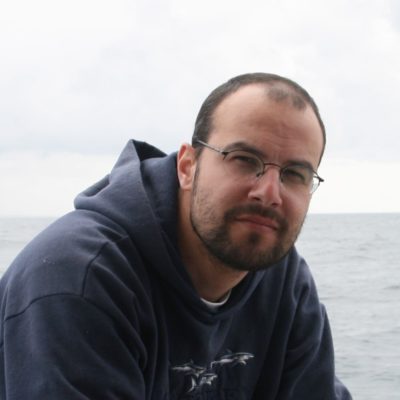
Dr. Nuno Queiroz
GSMP co-ordinator and Steering Committee member
Nuno is a Principal Investigator at the Centro de Investigação em Biodiversidade e Recursos Genéticos (CIBIO-InBIO) in the Universidade do Porto, Portugal. He is a GSMP co-ordinator and Steering Committee member.
His research investigates how environmental heterogeneity affects shark movement patterns and behaviour, and what the consequences might be for large-scale spatial distributions. A current interest is in development of novel bio-logging tags for sharks.
He has held a prestigious Postdoctoral Scholarship awarded by the Fundação para a Ciência e a Tecnologia (FCT).
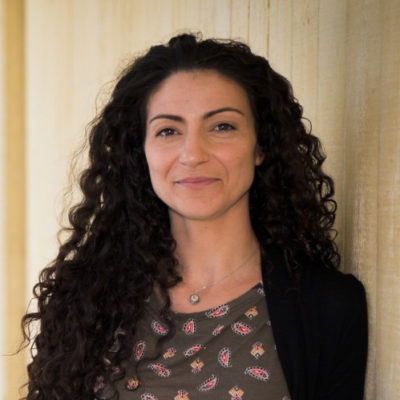
Dr. Ana Sequeira
Marine ecologist and a GSMP Steering Committee member
Ana is Associate Professor and holds a prestigious 2020 Pew Marine Fellowship at The Australian National University in Canberra, Australia. Prior to this she was an Australian Research Council (ARC) DECRA Research Fellow at University of Western Australia and supported by the Australian Institute of Marine Science in Perth, Australia.
Ana leads the Sequeira Lab where research investigates the movement patterns of highly migratory marine megafauna species, such as sharks, seals and whales, and how they will respond to increasing pressures including marine industrial developments and environmental change. To achieve this, she leads the international ‘MegaMove‘ project which is a UN Ocean Decade Project.
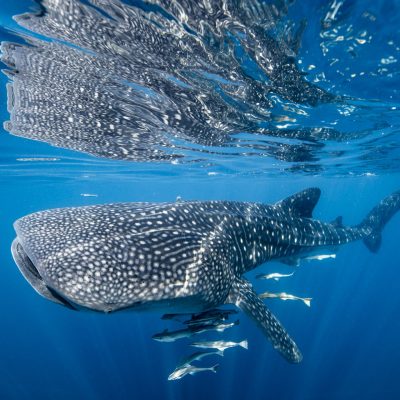
Dr. Freya Womersley
GSMP Steering Committee member
Freya is a marine ecologist at the Marine Biological Association Laboratory, Plymouth, UK.
She is a GSMP Steering Committee member and co-ordinator of the GSMP database.
Freya’s research explores the behaviour and ecology of marine megafauna. She studies the factors that drive marine megafauna movements and distributions for integration into analyses with human dimensions (e.g. fishing, shipping, climate change). Her work looks to quantify human-wildlife conflict and explore solutions to improve the conservation status of threatened species.
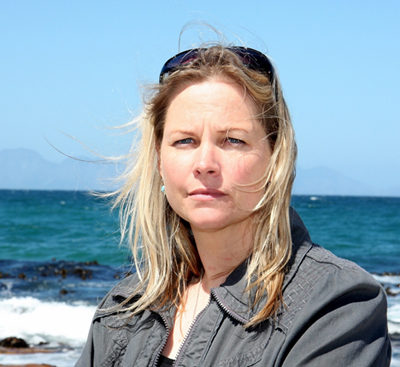
Dr Alison Kock
GSMP Steering Committee member
Alison is a marine biologist at the Cape Research Centre, South African National Parks (SANParks) and a research associate with the South African Institute for Aquatic Biodiversity and the Institute for Communities and Wildlife in Africa.
Her research fields are broad and range from investigating the behavioural ecology of coastal sharks and drivers of movement, to evaluating the effectiveness of marine protected areas. She leads research and long-term ecological monitoring projects in four marine protected areas in the Northern and Western Cape of South Africa.
She is a member of several scientific working groups, including the Top Predator and National Marine Biodiversity Scientific Working Groups led by the Department of Environment, Forestry and Fisheries.


